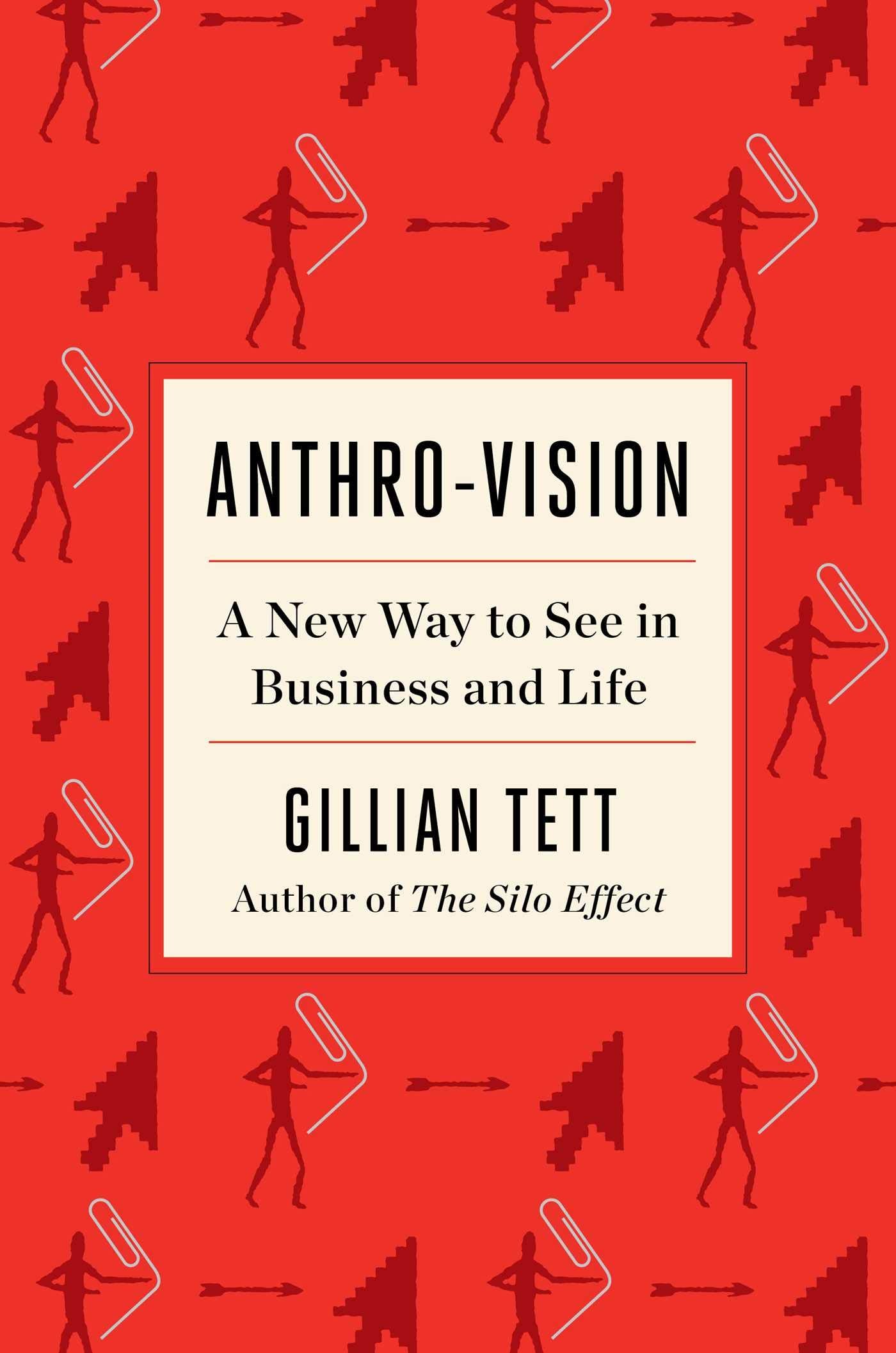Anthro-Vision
A New Way to See in Business and Life
While today’s business world is dominated by technology and data analysis, award-winning financial journalist and anthropology PhD Gillian Tett advocates thinking like an anthropologist to better understand consumer behavior, markets, and organizations to address some of society’s most urgent challenges.
Amid severe digital disruption, economic upheaval, and political flux, how can we make sense of the world? Leaders today typically look for answers in economic models, Big Data, or artificial intelligence platforms. Gillian Tett points to anthropology—the study of human culture. Anthropologists learn to get inside the minds of other people, helping them not only to understand other cultures but also to appraise their own environment with fresh perspective as an insider-outsider, gaining lateral vision.
Today, anthropologists are more likely to study Amazon warehouses than remote Amazon tribes; they have done research into institutions and companies such as General Motors, Nestlé, Intel, and more, shedding light on practical questions such as how internet users really define themselves; why corporate projects fail; why bank traders miscalculate losses; how companies sell products like pet food and pensions; why pandemic policies succeed (or not). Anthropology makes the familiar seem unfamiliar and vice versa, giving us badly needed three-dimensional perspective in a world where many executives are plagued by tunnel vision, especially in fields like finance and technology.
Anthro-Vision by Gillian Tett is published by Avid Reader Press / Simon & Schuster.
Get the book (external link to Amazon)
“Fascinating and surprising” (Fareed Zararia, CNN), Anthro-Vision offers a revolutionary new way for understanding the behavior of organizations, individuals, and markets in today’s ever-evolving world.
RED DIALOGUES
Gillian Tett joined ReD for a live talk about her new book ‘Anthro-Vision - A new way to see business and life’ Hosted by Millie Arora & Martin Gronemann.
“[the pandemic presented us with] a much higher demand for the kind of work we do, which I think initially surprised us. But maybe part of the explanation is also what you touch upon, that people have had an embodied sense that you can't probably take human behavior or culture for granted in the same way you used to, and maybe because it has affected all of our lives, that kind of move from like the intellectual, wary of perceiving it through chance to, like, actually lived, experienced by experiment.”



